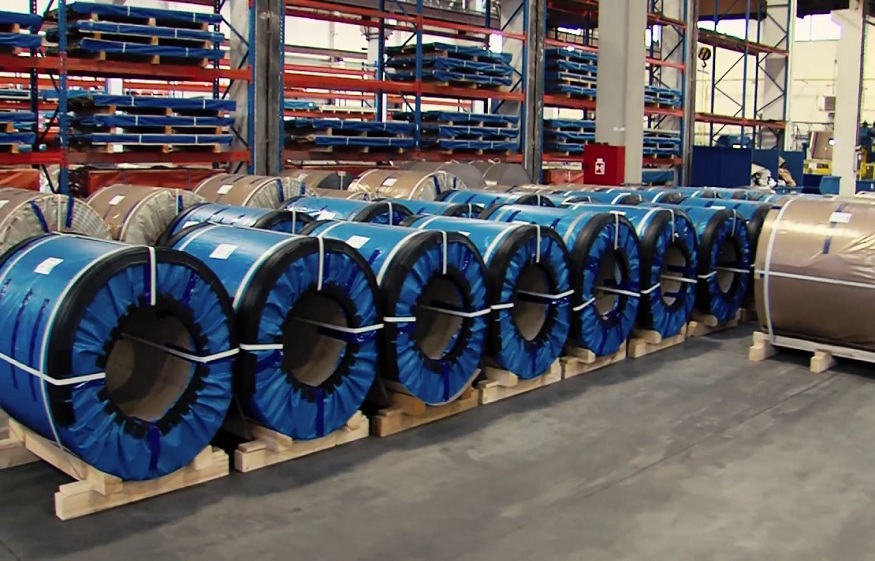What are the Benefits of Coated Steel?

Coated steel is a type of iron or steel treated with a coating of another metal, such as chromium or titanium. This process is used to improve the mechanical properties of the material.
Coated steels, such as pipes and tanks, are widely used in applications where corrosion resistance is required. The coating prevents rust from forming on the surface and extends its useful life by many years.
Below we’ve discussed the benefits of coated steel
It is long-lasting
Coated steel is a highly durable material, which means it can withstand the elements and stand up to wear and tear. It also has a low coefficient of friction, making it a useful material for industrial applications like construction.
High-rust resistance
The key advantage of coated steel, especially tata colourcoat, is its high corrosion resistance, especially in the presence of salt water. The metal remains almost intact in these conditions and can be reused after a long time.
The coating is usually a tin oxide layer, which protects the metal from corrosion, but at the same time it increases the weight of the metal by 2–3%, making it more expensive than bare steel.
Reduced weight
Coatings can reduce the weight of a product by as much as 10% or more, saving on transportation costs and reducing handling costs for handling and installation.
Improved appearance
The coating can improve the appearance of a finished product, including making it more resistant to abrasion and chipping, reducing its visibility in bright sunlight, and improving its appearance under UV light, for example, in applications such as roofing.
High impact strength
Coated steel products are made of tough and durable material ideal for use in applications where the material will be subject to high forces. This includes industrial applications, construction and mining.
Ideal for outdoor structures
Coated steel is resistant to various chemicals, including salt water and other corrosive environments. This makes it an excellent choice for outdoor structures such as tanks or bridges that may be exposed to harsh weather conditions.
Low maintenance costs
Coated steel doesn’t rust like untreated iron does, which requires less maintenance than raw iron or steel. This can save money on repairs over time, ensuring that your investment lasts longer without costing you extra money in the long run.
It has a low expansion rate
The most significant benefit of coated steel is that it has a low expansion rate. It will not expand and contract as much as other materials. It also means that it can be used in applications with a concern about heat build-ups, such as boilers and furnaces. Generally speaking, the more uniform the surface of a material, the less likely it is to have this problem.
Good welding properties
Coated steel is a good choice for welding because it has high tensile strength and good weldability. It also allows the use of thinner electrodes than other steels, which makes for a faster weld and less heat input. Coated steel can be used to make structural members for bridges and buildings and structural parts for vehicles, aircraft and ships.
Finally, coated steel retains its appearance and resists discoloration or rusting. Coatings can also provide protection against weather, dirt, salt and microbes that lead to the degradation of outdoor surfaces.






